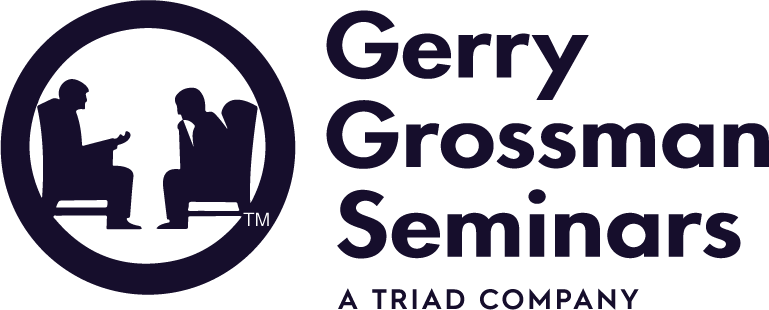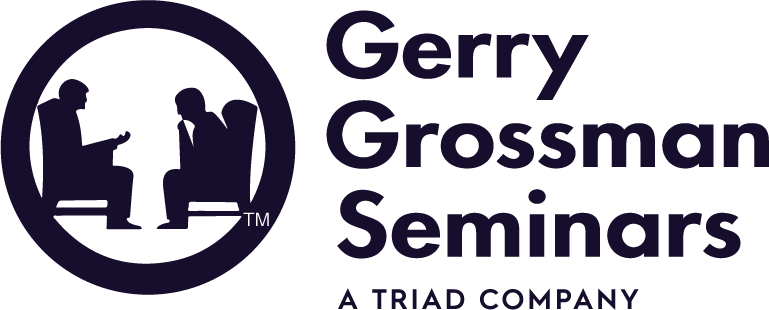

Navigating the National and California Clinical Exams
Taking the first step toward Marriage and Family Therapy Licensure may feel like a daunting task. This overview of the process will help you navigate this exciting and rewarding journey.
Starting Out
Earning your license as a Marriage and Family Therapist generally takes several years, so planning ahead is essential. It’s important to consider the state in which you are planning to earn your license. Each state has different laws and regulations.
Verify the jurisdiction or state board for your state with the State Board Index provided by the Association of Marital and Family Therapy Regulatory Boards (AMFTRB). When you have found the links for your jurisdiction, look out for a “Frequently Asked Questions” section to get a brief overview of how to apply for and renew your license.
Basic Requirements
The AMFTRB has provided a helpful chart comparing the requirements for licensure across states and jurisdictions. The requirements for licensure often vary from state to state, but there are some fundamental criteria in common.
- Education: A doctoral or master’s degree from an accredited school or approved by the Bureau for Private Postsecondary Education is required to apply for licensure in most states.
- Additional CEU’s or Classes: Some additional course work or specific classes may be required for licensure in your state.
- Background check: Not every state will necessarily require a background check, but most regulatory boards recommend that you disclose any criminal convictions in the initial application, if applicable.
- Hours of supervised work experience: Applicants for licensure are required to log post-graduate direct client service hours earned. The minimum hours of experience vary greatly from state to state and must be obtained in a facility or practice that follows the laws of the state. In some cases, specific hours of experience with families, children, couples, and/or group treatment will be indicated for your jurisdiction. Personal psychotherapy, teaching, and workshop hours may also be applicable toward the total hours of experience required.
Most boards will indicate that you and your supervisor(s) fill out and sign off on the supervised hours of experience. Ensure that you have the most up to date forms to log your hours required for your jurisdiction.
Generally, supervisors must have their own license in the same state for a specified amount of time depending on the state requirements. There may be a ratio of group and individual supervision hours to client services rendered to consider. There are a variety of methods to track your hours, including hour tracking products, to ensure you are on the path to meeting all the requirements.
Regardless of how you choose to track your hours, it’s incredibly important to make sure to keep your signed original documents in a safe place free from risk of fire, loss, or any other damage. It can be challenging to replace these documents later.
- Time limit: Each state also varies in the minimum and maximum amount of time allotted to acquire hours of experience. Ensure that you are on track to complete the experience requirements before the maximum time allotted passes, if applicable in your jurisdiction.
- Examination: The National and California Clinical MFT Licensing exams are also required in most states to be qualified for licensure. There are many resources available to help you pass these exams including exam preparation materials, coaching, workshops, etc.
License Portability
If you already have a valid and unrestricted license in one state, you can check the requirements of another state in which you’re interested in gaining licensure. You will need to complete the application for that state’s licensure, complete any requirements listed, and pay any associated fees. In some cases, you may be required to take additional classes or receive more hours of supervision.
Stay on Track and Up to Date
The laws and requirements change over time. It is recommended that you refer back to your state’s regulations and expectations to ensure you are informed of these changes.
While it may feel daunting, knowing the requirements to earning your Marriage and Family Therapist license will help keep you organized and on track. We wish you the best of luck on your journey!



